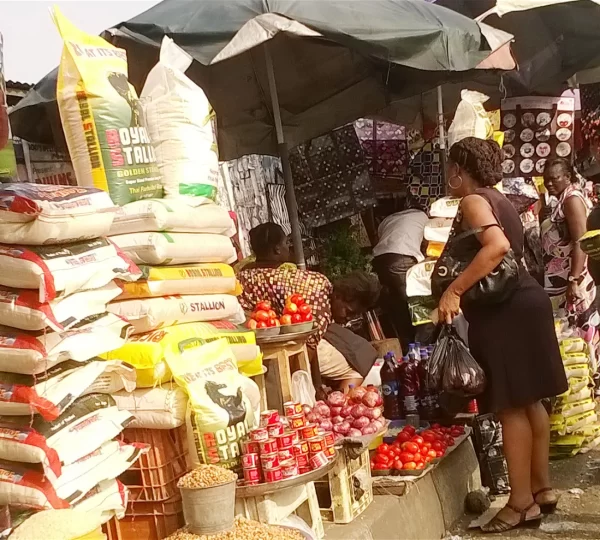The Evolution of the Nigerian Consumer in a Challenging 2024

The Nigerian consumer in 2024 is facing a unique set of challenges. A confluence of factors, including rising inflation, particularly for essential goods like food and transportation, is putting a strain on household budgets. This economic hardship coincides with a youthful and growing population, a demographic often associated with increased consumer spending. However, in Nigeria’s current climate, this young population is finding itself adopting new and resourceful strategies to navigate these difficulties.
Transportation
One of the most significant challenges facing Nigerian consumers is the rising cost of transportation. Fuel prices have seen a significant increase, prompting a shift in how people get around. Carpooling arrangements are becoming more commonplace, with individuals sharing rides to work or social events. Public transportation use is also on the rise, and for shorter distances, walking is becoming a more viable option. These seemingly small adjustments in daily routines can lead to substantial savings over time.
Bulk-buying
When it comes to food, a crucial element of any household budget, Nigerians are adopting innovative coping mechanisms. Bulk buying has emerged as a popular strategy to combat rising food prices. Also, as more necessities become increasingly unaffordable for most Nigerians, families, communities, and even organizations are pooling resources to purchase larger quantities of essential food items at lower unit costs. This is becoming an effective and efficient coping mechanism, that not only benefits individual wallets but also fosters a sense of solidarity and cooperation within communities during a difficult economic period.

In order to cope with the rising cost of food, families, communities, and even organizations are pooling resources to purchase larger quantities of essential food items at lower unit costs
Eating out, once a common leisure activity, is becoming a luxury many Nigerians can no longer afford. The high cost of dining out, coupled with inflation driving up restaurant prices, has led to a shift towards home-cooked meals. This approach allows for greater control over both the cost and the nutritional content of meals, proving to be a more economical and health-conscious option.
Price-Sensitivity
Furthermore, the Nigerian consumer is becoming increasingly price-sensitive. Negotiation skills are proving invaluable in this high-inflation environment. Individuals are actively seeking and negotiating for lower prices on everything from goods at the market to services rendered. This newfound focus on bargaining allows them to stretch their budgets further and make the most of their limited resources.
The “Sachet Economy”
The economic slowdown has also led to a surge in the popularity of individual-sized units (SKUs) or “sachets” for pre-packaged goods. These smaller portion sizes cater directly to the budget-conscious consumer who may not be able to afford the larger, traditional packages. From detergents and toiletries to beverages and even snacks, manufacturers are increasingly offering their products in sachet formats. This trend not only allows consumers to buy exactly what they need but also reduces food waste as smaller portions help with portion control.
The Rise of the Staples
Another interesting trend is the preference for staples over packaged food. With inflation driving up the prices of processed foods, Nigerians are turning to more basic staples like rice, beans, and garri. These staples are not only more affordable but also offer greater versatility in meal planning.
In our next webinar, a panel of seasoned Consumer Insights Experts and Business Leaders will paint a clear picture of the current Nigerian consumer – their behaviours, well-being, emotions, and the implications for brands. (Registration Link: https://zurl.co/tSJ4 )

Register for the webinar here: https://www.pierrine-consulting.com/expertise/resources/webinar/
If you are responsible for the growth of any brand in this market, you don’t want to miss this!
Date: July 12, 2024 | Time: 11:00 am – 12:30 pm
Register here: https://lnkd.in/d6WJQbcM
In conclusion, the determination of Nigerian consumers find ways to survive in 2024 exemplifies remarkable resilience and resourcefulness in the face of economic hardship. By adopting innovative strategies like carpooling, bulk buying, home-cooked meals, price negotiation, and a preference for staples, Nigerians are finding ways to navigate a challenging economic landscape. While the future remains uncertain, the adaptability and resourcefulness of the Nigerian consumer offer a glimmer of hope for a brighter economic future.
Ready to invent the future?
Our teams possess extensive in-market experience that drives measurable growth for brands. Please reach out to us to learn more.
